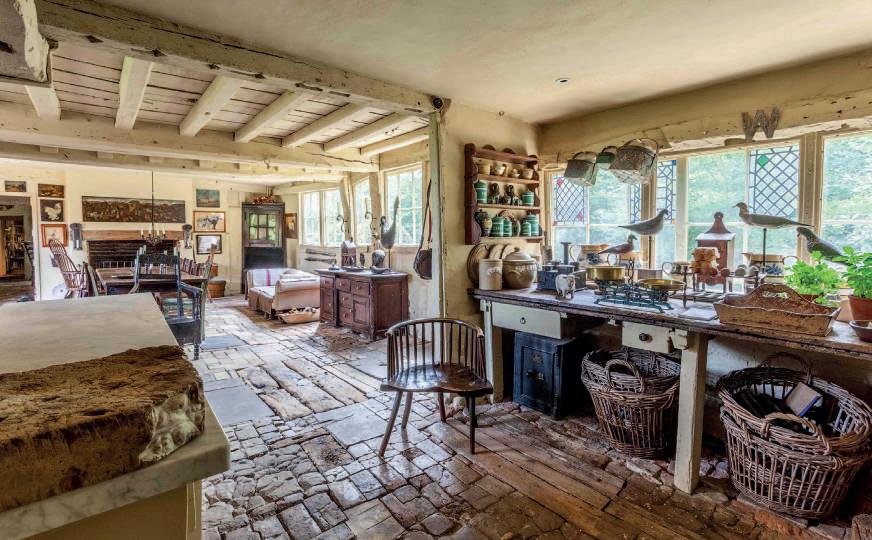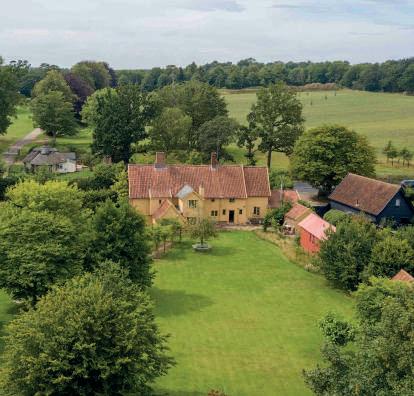
1 minute read
SPEED UP YOUR SALE
A check list particularly relevant to listed buildings and country houses to be sold for the first time in many years.

Many causes of delay which arise after agreeing a sale – some of which prevent it from happening –are best dealt with before you even begin marketing.
• Check that the title is registered with the Land Registry. You can do this (for a £3 fee) via the gov.uk website, or ask your solicitor. If it is registered, download the title plan (another £3).
• If it is not, you must find the deeds. The closure of bank branches and merger of solicitors have made lost title deeds a more frequent problem. If there is a mortgage outstanding, they are probably with the lender. If not, they might be with the solicitor or bank used for the purchase.
• Use the title plan to check that all boundary fences and walls are shown correctly. Do not get into a boundary dispute as this would have to be disclosed to a buyer. Tell your solicitor instead.
• Make sure you own the right of access to your property or, if reached via a private lane or track, that you have a formal right of way. If in doubt, do not approach the neighbour: this could preclude you from getting insurance cover, if required. Again, tell your solicitor.
• Gather planning permission and building regulation certificates. If you live in a listed building or in a conservation area, you will need copies of consents for alterations. Remember that listed building consent is needed for interior alterations, as well as exterior.
• Ideally, have written evidence from the contractor, or ‘before’ and ‘after’ photographs, to prove that like-for-like repairs to a listed building did not require consent.
• Take advice on what repairs you should do before marketing. Major work can look more daunting and costly – to surveyors as well as buyers – than it is, so it’s worth either fixing it or, to bring some certainty, obtaining quotes.
• For leasehold property, provide your agent with a copy of the lease so they can check for restrictions which buyers care about, such as prohibitions on pets and hard floor coverings.
Owners sometimes box up old papers, only to find they are needed to complete the sale. Ask your solicitor for a standard seller’s enquiry form. This will tell you what will be asked for, so you can find it easily – before it is ‘boxed & buried’.
For further information, contact Dawn Carritt of the London Country Houses & Estates office on 020 7664 6646 or dawn.carritt@jackson-stops.co.uk






